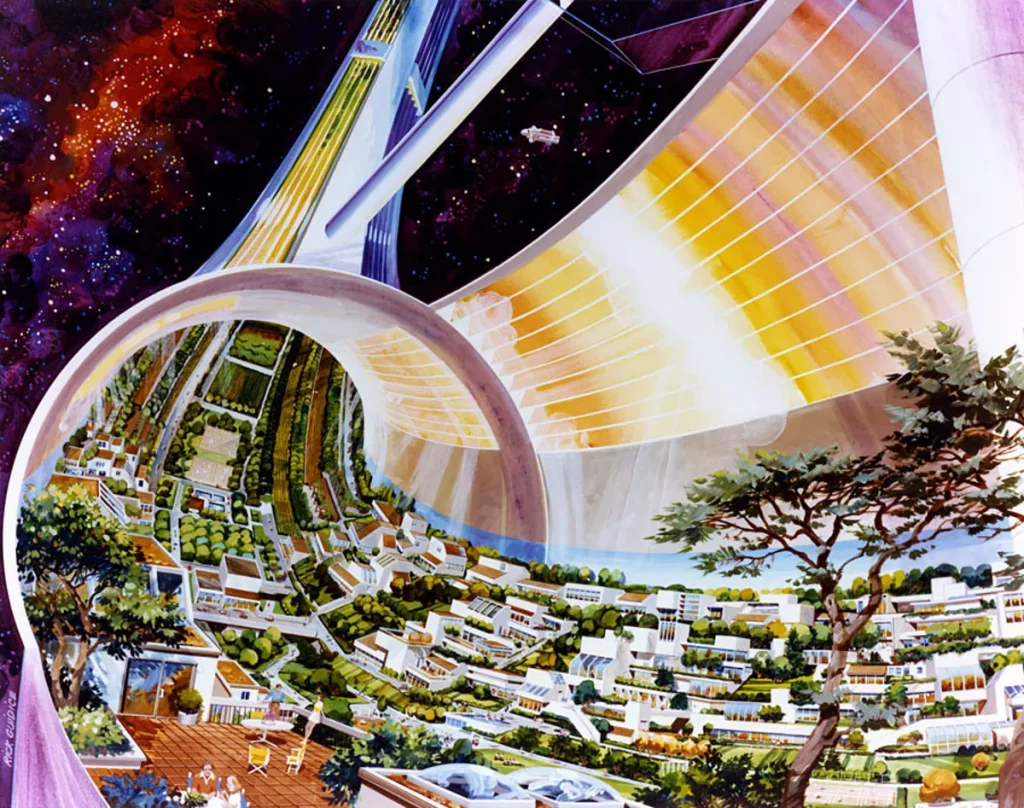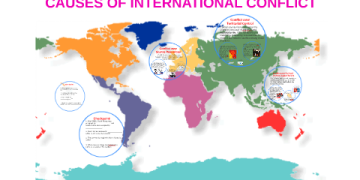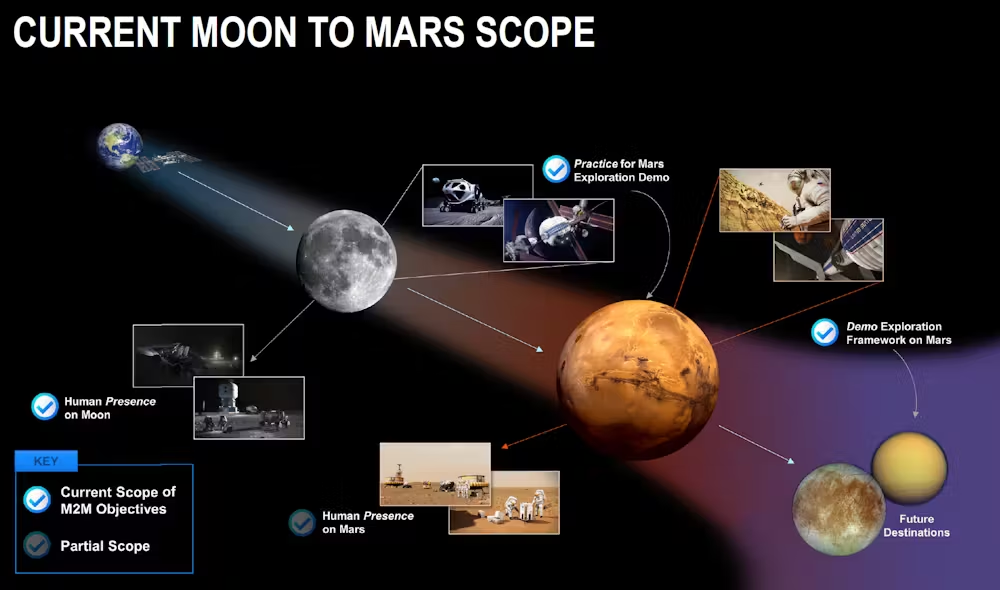Introduction: Humanity’s Next Giant Leap
Space colonization, once the realm of science fiction, is now a concrete ambition pursued by governments and private enterprises alike. Projects targeting Mars, the Moon, and even orbital habitats raise the question: can humans truly become a multi-planetary species?
This essay explores both the opportunities and risks of human settlement beyond Earth, examining technological feasibility, economic potential, ethical dilemmas, and survival challenges.
1. Opportunities of Space Colonization
1.1 Ensuring Human Survival
- Earth faces existential risks: climate change, nuclear conflict, asteroid impacts.
- Colonization provides a “backup” for humanity.
- Stephen Hawking argued survival depends on becoming multi-planetary.
1.2 Expanding Scientific Knowledge
- Colonies on Mars or the Moon offer unique environments for research.
- Study of extraterrestrial geology, atmosphere, and potential for life.
- Data improves our understanding of Earth’s history and future.
1.3 Economic Opportunities
- Access to rare resources such as lunar helium-3 or asteroid metals.
- Space tourism and commercial industries create new markets.
- Long-term potential for interplanetary trade.
1.4 Technological Innovation
- Space settlement drives advancements in robotics, energy systems, and medicine.
- Spin-off technologies (like past NASA innovations) benefit Earth industries.
1.5 Cultural and Inspirational Value
- Inspires global cooperation and imagination.
- Art, literature, and education gain new frontiers for exploration.
2. Risks and Challenges of Space Colonization
2.1 Health Risks
- Exposure to cosmic radiation increases cancer risks.
- Low gravity causes bone density loss, muscle atrophy, and cardiovascular strain.
- Psychological stress from isolation and confinement.

2.2 Environmental Hazards
- Harsh conditions: extreme temperatures, lack of breathable atmosphere, and dust storms.
- Fragile habitats risk catastrophic failure from small technical errors.
2.3 Economic and Political Risks
- Enormous costs: billions required for infrastructure and maintenance.
- Risk of widening inequality: wealthy nations dominate space resources.
- Geopolitical tensions over territorial claims and exploitation rights.
2.4 Ethical and Cultural Concerns
- Should humans colonize before solving Earth’s environmental crises?
- Risks of contaminating other planets with Earth microbes.
- Ethical questions about creating new societies far from Earth governance.
2.5 Dependency on Earth
- Colonies may rely on Earth for food, technology, and medical supplies for decades.
- Fragile supply chains increase vulnerability.
3. Balancing Opportunities and Risks
- Technological Mitigation: Radiation shielding, closed-loop life support, and advanced medicine.
- Policy Frameworks: International space law must adapt to prevent conflicts and resource monopolization.
- Sustainability Models: Colonies should be designed with self-sufficiency in mind, minimizing Earth dependency.
- Ethical Guidelines: Transparent governance and global participation reduce risks of exploitation.
4. Case Studies
4.1 Mars Colonization (SpaceX Vision)
- Elon Musk’s plan for Mars cities by mid-21st century.
- Opportunity: multi-planetary humanity.
- Risk: radiation, logistical barriers, uncertain funding.
4.2 Lunar Settlements (NASA Artemis Program)
- Artemis aims for a permanent lunar base by the 2030s.
- Opportunity: staging ground for Mars missions, resource extraction.
- Risk: economic sustainability, international cooperation.
4.3 Orbital Habitats (O’Neill Cylinders)
- Vision of massive rotating space stations sustaining thousands.
- Opportunity: scalable colonies without planetary limits.
- Risk: enormous construction costs and technical complexity.
5. Future Outlook: Toward Responsible Colonization
- Space colonization will likely begin with research outposts, followed by resource-driven settlements.
- Long-term sustainability depends on breakthroughs in energy, biotechnology, and closed ecosystems.
- Success requires global cooperation, balancing ambition with caution.
Conclusion: The Dual Nature of Humanity’s Next Frontier
Colonizing space is humanity’s boldest undertaking. It offers survival, discovery, and inspiration but also poses profound risks to health, equity, and ethics.
The challenge lies not just in reaching other worlds but in building them responsibly. The future of space colonization will depend on whether humanity can balance opportunity with caution—transforming the dream of settlement into a sustainable reality.
















































